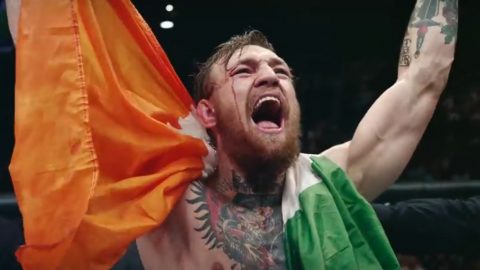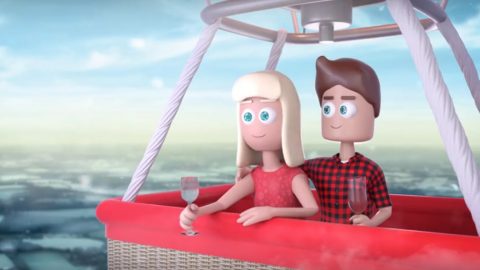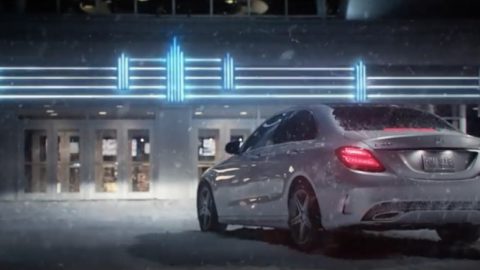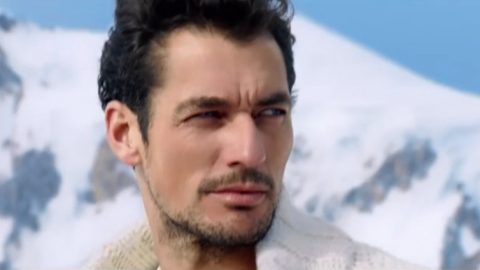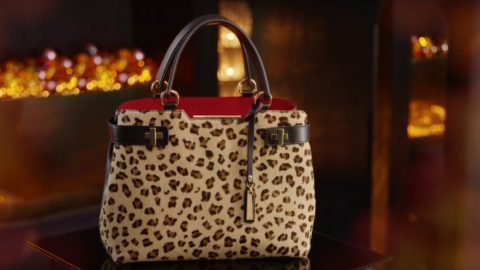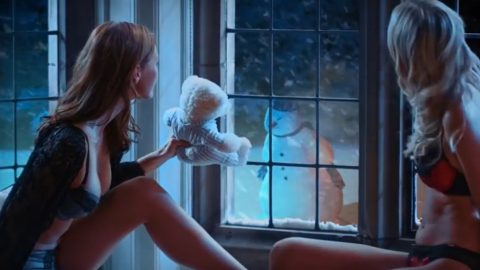In his book The Jefferson Airplane and the San Francisco Sound, the late great Ralph Gleason described The Lovin’ Spoonful’s appearance at the Longshoreman’s Hall in October 1965 and the explosive effect it had on the fledgling Bay Area music scene.
Everybody who was anybody was in the audience, from Grace Slick and Jorma Kaukonen to Jerry Garcia and Bob Weir. What they and all the other heads clustered round the front of the stage were hoping to hear was a jaunty jug band playing the snappy semi-acoustic songs like Do You Believe In Magic and You Didn’t Have To Be So Nice which had been all over the radio that summer.
What they got was the loudest, most exhilarating electric rock group they had ever seen and, quite simply, it blew them all away. Not unlike Jimi Hendrix’s early appearances at the Scotch Of St James or the Sex Pistols show at the Manchester Lesser Free Hall in June 1976, this was one of those game-changing gigs which can justifiably claim to have altered the course of musical history.
Into the bin went the banjos and the kazoos as feedback and fuzz boxes became the new order of the day on Haight Ashbury. Within a fortnight the Jefferson Airplane had taken to a public stage and Mother McCree’s Uptown Jug Champions’ transformation into the Grateful Dead was all but complete.
The Lovin’ Spoonful were led by singer John Sebastian and guitarist Zal Yankovsky who was as zany as his name suggests. During the early 1960s they learned their licks in the folk clubs and coffee houses of Greenwich Village and were both members of the seminal Mugwumps alongside soon-to-be Mamas and Papas Cass Elliot and Denny Doherty.
But it was in Boston, after adding drummer Joe Butler and bass player Steve Boone to the line-up, that they really got their act together. After signing to Kama Sutra at the beginning of 1965, The Lovin’ Spoonful enjoyed a string of seven consecutive US Top 10 hits in little more than three years.
Naturally this led them to be dubbed the American Beatles – while Sebastian was hailed as the Poet Laureate of American Pop for songs like Daydream, Did You Ever Have To Make Up Your Mind, Rain On The Roof and Nashville Cats which were idiosyncratic, eclectic and shot through with a subtle sense of stoned humour.
And then there was his masterpiece, Summer In The City, the band’s only chart-topper and the song McDonald’s have licensed into their unusually elegant Post Boy commercial.
From Yankovsky’s cleverly controlled feedback guitar on the front of the track to the vamping Hohner electric piano on the fade, Summer… must surely showcase the Spoonful’s prowess as a live band and give some indication of why all those soon-to-be psychedelic scene setters had fallen at their feet.
What Messrs Garcia et al would have made of The Kinks can only be guessed at since, after a dispute with the American equivalent of the Musicians Union on their first trip to New York in 1964, the Muswell Hillbillies were effectively banned from the US until the end of the decade. But the odds are that San Francisco’s in-crowd would have been equally impressed by what the Godfathers of Heavy Metal had to offer.
The Kinks were loud, of course, with Dave Davies’ dangerously distorted guitar sound the result of taking a razor blade to his speakers. But at the same time Ray Davies’ songs and song structures owed much more to skiffle, jugband and traditional, bittersweet music hall styles than they did to straight ahead rock’n’roll or R’n’B.
Indeed some, like Sunny Afternoon, Dedicated Follower of Fashion and the glorious Waterloo Sunset transcended standard 1960s pop formats as surely as John Sebastian’s best work. So if we’re still talking about Pop’s Poet Laureates, look no further than Raymond Douglas Davies for Britain’s title holder.
One of his finest efforts was the elegaic Days. It may have reached number 12 in 1968 but it couldn’t halt a steady slide in The Kinks popularity which ultimately saw them leave Pye and sign to RCA in 1971.
On the B side of Days was She’s Got Everything, a jazzy little number which had been recorded during the Dedicated Follower...sessions two years previously and was subsequently left on the shelf.
Truth to tell, this was not among The Kinks better outings, despite the presence of Nicky Hopkins on piano and the inclusion of one of Dave Davies’ characteristically discordant guitar solos.
But as far as George at Asda is concerned, a carefully edited version focusing on the song’s opening 16 bars is good enough to go into its new Summer Fashion TV campaign. And a quick look at the film shows that it’s a very good fit.
Of course She’s Got Everything isn’t the only Ray Davies composition to brighten up the ad breaks over the last few weeks. At the behest of John Lewis, former Supergrass frontman Gaz Coombes has re-recorded This Time Tomorrow from The Kinks’ 1970 concept album Lola Versus Powerman.
You don’t have to know much about John Lewis’ TV campaigns to realize that, because of the publicity they get, a lot of time and trouble goes into choosing the songs and the artists who will perform them. Lily Allen, Gabrielle Aplin and Fyfe Dangerfield are among the names who have enjoyed huge, career-defining or career-reviving hits as a result.
Despite the handful of brilliant singles like Alright, Going Out, Richard III and Moving which Supergrass released between 1994 and 2008, Coombes seems to have ended up as the Forgotten Man of Britpop. By stripping This Time… down and cleaning it up, he has, dare we say it, greatly improved upon The Kinks’ original. Let’s hope it puts him back into the public eye – and the charts – where he belongs.
